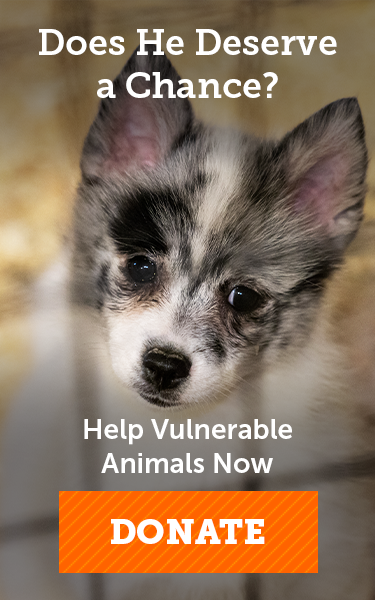
Animal Poison Control Alert: The Dangers of Moldy Food

The ASPCA Animal Poison Control Center (APCC) handles thousands of cases of animal poisoning resulting from plants, pills and other ingested items every year. But not all pet poisons are so apparent—in fact, one major risk may be lurking where you least expect it: On food.
To arm you with potentially life-saving information, APCC wants to educate pet parents about the dangers of moldy food. Food mold, also known as Penicillium spp, is a fungus that grows on aging food. It is often visible to the naked eye, and, if ingested, can make a pet very ill.
While mold on dog food should certainly be avoided, the real danger occurs when pets get into household trash or eat garbage outside, including compost piles and moldy nuts or fruits that have fallen from trees. Fungal neurotoxins on old food can make your four-legged friend very ill. Common signs that your dog has eaten mold include:
- Vomiting
- Diarrhea
- Muscle tremors
- Seizures
- Elevated body temperature
Symptoms can last 24-48 hours, and can be life-threatening if left untreated. Available treatments are primarily focused on controlling the tremors and keeping the pet cool and hydrated, however, the best way to protect your pet is to not let them eat moldy food at all. Keep an eye on your dog at all times, especially when outside, and avoid leaving your dog outside of your yard unattended.
If your dog is observed eating moldy food, contact your vet or APCC immediately to learn the correct action to take. Onset of signs can be very rapid, so if your dog is showing symptoms, take him to a veterinary clinic immediately.
If you think that your pet is ill or may have ingested any poisonous substance, please call your veterinarian or the ASPCA Animal Poison Control Center at 888-426-4435 immediately!
